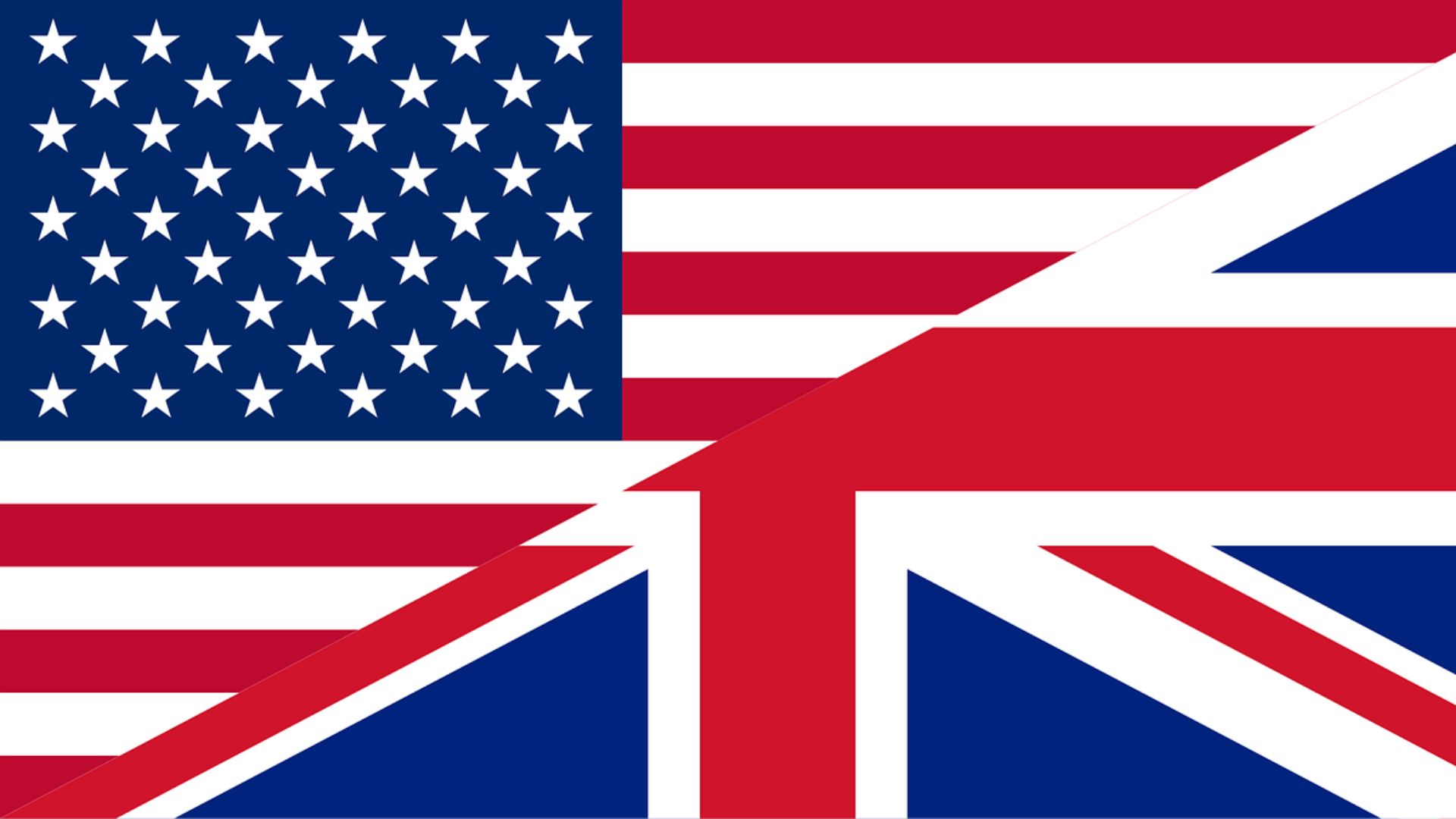
Friday, 19. December 2025
Berlin, 18 December 2025 — Germany has launched a €600 million research initiative aimed at attracting leading international scientists and offering them long-term career prospects in the country. The program, known as “1000-Köpfe-Plus” (Global Minds Initiative Germany), is designed to strengthen Germany’s research landscape amid growing global pressure on academic freedom.
Federal Research Minister Dorothee Bär (CSU) presented the first group of participants at an event in Berlin on Thursday. Among them are Karen Christman, Sevgi Gökçe Kafali Tekat, and Johannes Stein, who were selected as part of the program’s initial intake.
According to the Federal Ministry of Education and Research, the initiative aims to offer research freedom, institutional support, and attractive career pathways to outstanding researchers from abroad. Since the program’s launch in July 2025, 166 international scientists have already been selected.
Minister Bär described the initiative as an “enormous boost” for excellent research in Germany, emphasizing that scholars in many countries are increasingly facing political, financial, or institutional constraints. The program aims to position Germany as a safe and stable hub for high-level scientific work.
The 1000-Köpfe-Plus program is part of Germany’s broader strategy to remain internationally competitive in key research fields while reinforcing the principles of academic freedom and open science. Funding will support research positions, laboratory infrastructure, and the long-term integration of the project into German universities and research institutions.
With this initiative, Germany joins a growing number of countries seeking to attract global scientific talent as competition for researchers intensifies worldwide.
Image Credit: © Federal Ministry of Research, Technology and Space / Hans‑Joachim Rickel

Wednesday, 17 December 2025
Tina Brack, Apostolic Nuncio Archbishop Dr Nikola Eterović, and Martin Hoeck at the Angel Tree event, Westin Grand Hotel Berlin.
For more than 20 years, the traditional Angel Tree charity event organised by the Ambassadors Club has been a highlight of Berlin’s Christmas season. In 2025, the President of the Ambassadors Club, Dr h.c. Mania Feilcke-Dierck, together with Tina Brack, General Manager of the Westin Grand Hotel Berlin, once again hosted the event on Friedrichstraße.
Nearly 30 ambassadors and diplomats from around the world accepted the invitation and, together with the patron of the event, H.E. Archbishop Dr Nikola Eterović, Apostolic Nuncio to Germany, placed gifts beneath the festively decorated Christmas tree.
These gifts were handed over by the Ambassadors Club to the “ICKE in Buch” association at the HELIOS Clinic Berlin-Buch, which distributed them to children and young people who had to remain in hospital over the Christmas period. The recipients responded with overwhelming joy and enthusiasm to the gifts donated by the diplomatic community.
The Angel Tree once again demonstrated how international diplomacy and social responsibility can come together to bring hope and happiness to children during the holiday season.

Photo Caption: Symbolic Image of Gifts (From left: Panote Preechyanud (Counsellor for Culture and Information, Royal Thai Embassy) and Martin Hoeck (Vice President, Ambassadors Club) with gifts donated by the diplomatic staff of the Royal Thai Embassy.
Photos: Sascha Funke

Tuesday, December 02, 2025
In diplomacy, much of the real work happens far from official stages and state galas. This is especially true for the United Kingdom’s network of eight honorary consuls across Germany – individuals who, though unpaid, play a crucial role in maintaining bilateral ties. Their contributions were especially visible during recent high-profile engagements, including the latest German–British state visit involving Federal President Frank-Walter Steinmeier and King Charles III.
Unlike career diplomats, honorary consuls come from varied professional backgrounds yet share a deep personal connection to the UK. One such figure is Daniel Senf, a management consultant from Dresden whose affinity for Britain began during a teenage exchange trip. When the British government advertised for an honorary consul in Saxony, Senf applied immediately. His extensive local networks now help the British Embassy in Berlin arrange regional outreach, coordinate political contacts, and identify key stakeholders for cultural and diplomatic events.
In Hamburg, this blend of professional expertise and personal dedication is embodied by shipowner Nick Teller. Raised in Germany with British roots, Teller uses his business experience and binational identity to strengthen ties between Hamburg and the UK – most recently by supporting expanded cooperation with Liverpool. As part of the preparations for King Charles’s first state visit to Germany, he helped secure a unique reception venue: a harbour warehouse transformed with chandeliers and British sparkling wine, a setting guests still recall vividly.
Long-serving honorary consul Fritz Oesterle, based in Stuttgart, represents another example of deep engagement. With decades of business connections to the UK, Oesterle has supported countless visits, events, and citizen services. One standout moment came when King Charles personally tapped him a beer during an official engagement – a symbolic tribute to their long-standing cooperation. For Oesterle, whose first encounter with Britain was as a 14-year-old exchange student, the honorary role is a continuation of a lifelong connection.
In Frankfurt, lawyer Andreas Fabritius provides yet another perspective on the role’s wide-ranging responsibilities. As a partner at a major German-British law firm, he frequently assists British nationals in distress, including one memorable case involving a vulnerable traveller needing an escort back to the UK. Fabritius’s fascination with British culture began in childhood, when he watched Queen Elizabeth II sail past Cologne during her 1965 state visit – an early moment that he says shaped his diplomatic instincts.
Together, Germany’s honorary consuls form an important yet often overlooked pillar of bilateral diplomacy. They combine personal passion, professional networks, and cultural fluency to strengthen British-German ties in business, culture, and regional outreach. Their work – unpaid but deeply meaningful – demonstrates that modern diplomacy relies not only on embassies and foreign ministries, but also on committed citizens who bridge countries through relationships, local knowledge, and shared values.

Friday, 21. November 2025
Poland’s ambassador to Russia, Krzysztof Krajewski, was reportedly the target of an attempted physical attack on Sunday while on his way to attend a church service in St. Petersburg. According to video footage circulating online and multiple Polish media outlets, a group displaying anti-Polish and anti-Ukrainian symbols surrounded the diplomat, first verbally harassing him and then attempting to assault him. Krajewski’s long-standing security detail intervened quickly, preventing the situation from escalating.
The Polish Ministry of Foreign Affairs condemned the incident sharply, describing it as “the most serious event of its kind in many years.” Ministry spokesperson Maciej Wewiór told Polsat News that only the decisive response of the ambassador’s security team prevented a “beating attack.” Krajewski later told the PAP news agency that the confrontation appeared deliberate and well-organized, and confirmed that a formal protest note had been sent to the Russian authorities.
Despite the severity of the incident, Moscow has not issued a public response. Behind closed doors, however, the issue was addressed when the Russian chargé d’affaires was summoned to the Polish Foreign Ministry earlier this week. During the meeting, Warsaw delivered a formal note concerning both the attack and the planned closure of the last remaining Russian consulate in Poland. According to Wewiór, the Polish side stressed that such an incident must not be repeated.
The assault comes at a time of already heightened tensions between Poland and Russia amid the ongoing war in Ukraine. Polish officials say the attack underscores the broader climate of hostility and warn that the safety of diplomats must be guaranteed under international law. As of now, Russia has offered no official explanation or apology, and the situation adds yet another strain to the already fragile diplomatic relationship between the two countries.
Photo Credits: Photo by Sadık Arpacı on Unsplash

Tuesday, November 12, 2025
The Afghan Consulate in Bonn has resumed operations, now under the administration of the Taliban, the group that has ruled Afghanistan since 2021.
The reopening was announced by Afghanistan’s Taliban-led Ministry of Foreign Affairs on the social media platform X. The consulate had been closed for several weeks after the previous consul, Kabiri, stepped down. Kabiri cited concerns over the security of sensitive data of Afghan citizens living abroad, following the official takeover by the Taliban. According to reports, Kabiri has since applied for asylum in Germany.
Although the German government does not officially recognize the Taliban regime, it recently allowed the entry of two diplomats from Kabul to assume control of the consulates in Bonn and Berlin. The move aims to facilitate the deportation of Afghan nationals convicted of crimes in Germany.
This development marks the latest chapter in the complex diplomatic arrangements between Germany and Afghanistan since the Taliban came to power.
Photo by Farid Ershad / Unsplash
